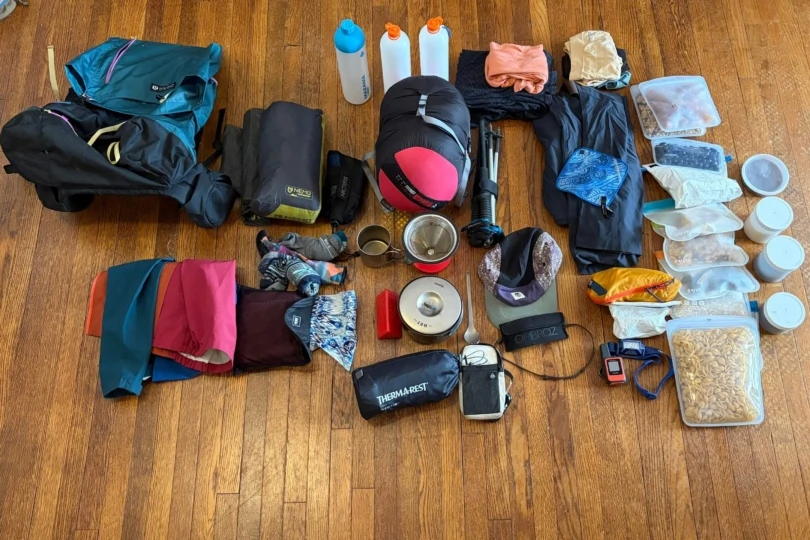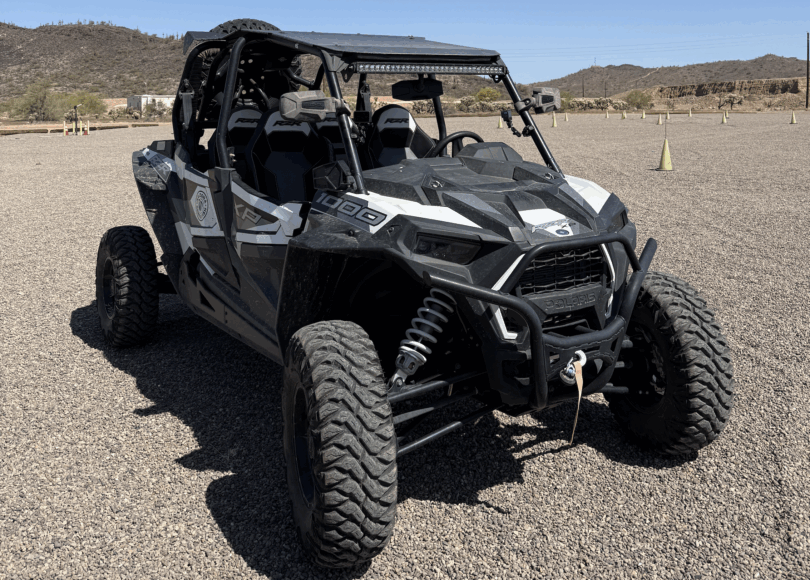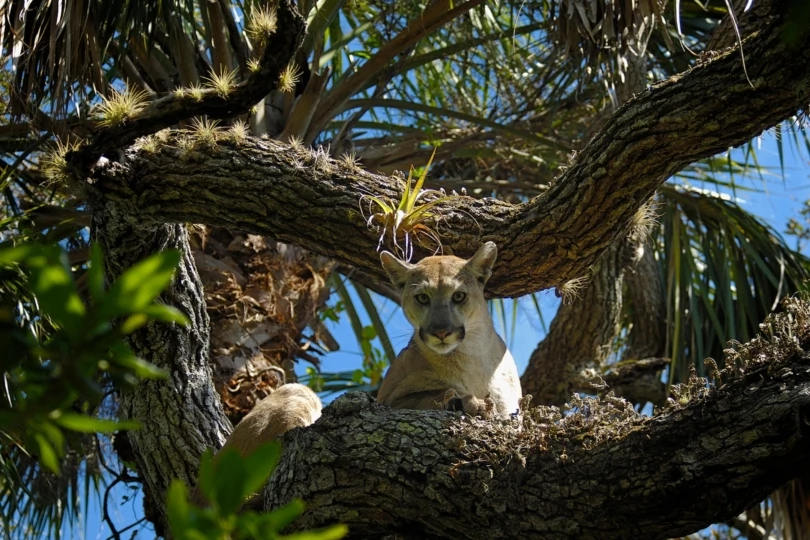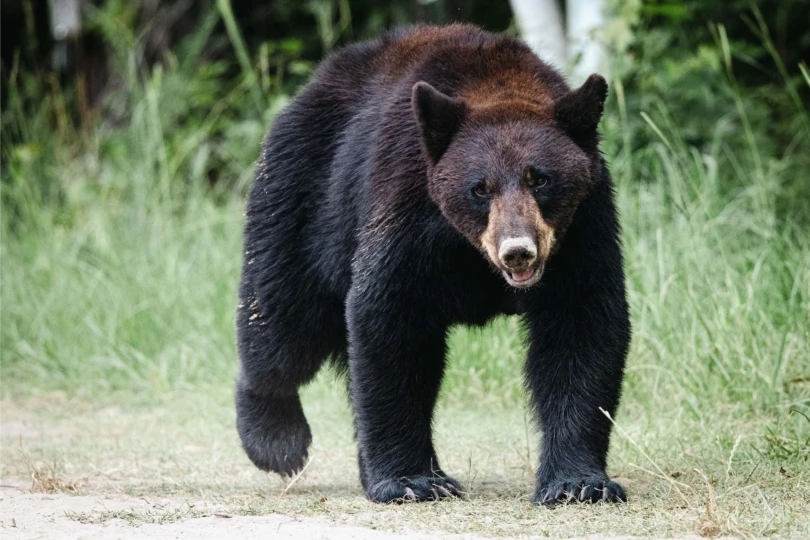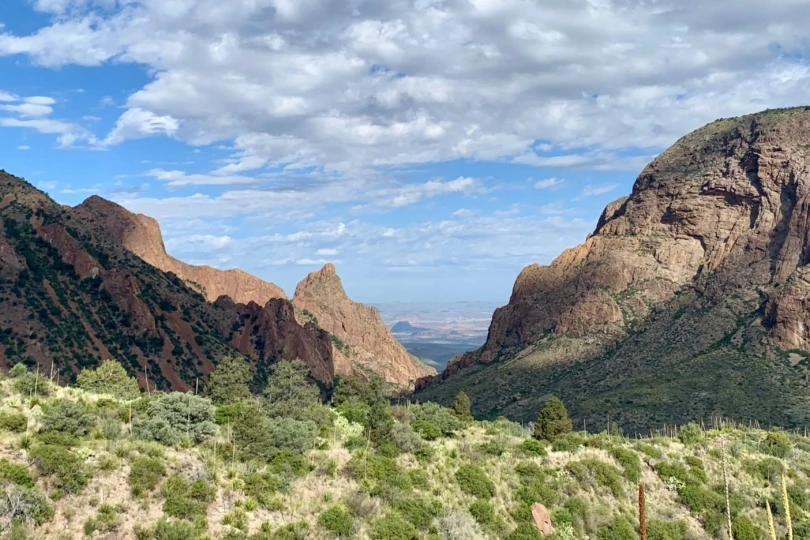For National Preparedness Month, enhance your emergency plan and supply kit by learning how to stabilize, evaluate, and evacuate injured recreationists in dire need.
Following the surge of outdoor recreation, now’s a vital time to learn how to manage medical emergencies in remote environments. Especially if the recent uptick of search-and-rescue responses and avalanche safety course attendance is any indication of need.
If we consider the ongoing rise of natural disasters triggered by climate change, from Utah’s emergency flash floods to California’s KNP Complex wildfire and Hurricane Nicholas in Texas, the need for everyday emergency responders seems even more essential.
As a lifelong, year-round backcountry recreationist in my 30s, I’ve been lucky. My expedition partners and I have stumbled across a few remote tragedies but were not needed on scene. Honestly, I wouldn’t have known how to help.
This month, I finally attended a 10-day Wilderness First Responder (WFR; pronounced woof-er) course, which teaches folks how to assess, safely stabilize, examine, and create an evacuation plan for injured persons.
The course covers the most common medical concerns in wilderness settings, which range from musculoskeletal to neurological, physiological, and mental. Being a WFR is about having a treatment plan, and helping in those crucial hours between an accident or injury.
Ultimately, the volume of information was intense, and I can’t think of one detail that wasn’t valuable.

Wilderness First Responder: What Does the Curriculum Cover?
For 10 days, our 23-student pod was absorbed in lessons on human anatomy and backcountry ailments. We practiced countless rescue scenarios, including nighttime drills.
Two of the most important skills that we learned, in my opinion, were how to stabilize patients and to effectively communicate the situation to emergency responders, who might be traveling by foot for 12 hours to reach the patient. They need to know what essentials to bring.
That said, this curriculum was incredibly comprehensive. As responders, we learned how to assess the scene for safety, and then legally and safely stabilize a patient.
Then, we efficiently examined that person for life-threatening injuries — like a lung-collapsing wound from a hunting accident or an ATV crash. After treating immediate health issues, we performed a thorough physical exam, documented vitals, and recorded in-depth health history.
To determine severe concerns, like a spine injury or stroke, we used step-by-step assessments. With the collected information, we created a plan. That stage includes psychological first aid, treatment — like realigning a dislocated joint or fracture — monitoring vitals, and calling front-country crews for an evacuation or supplies.
Here’s a list of the prevalent trauma, environmental, and medical issues within the WFR scope of practice, which students learn to identify and treat, or stabilize for an evacuation. (Note: this list is not comprehensive.)
- Spine and spinal cord injury
- Chest injury
- Cardiac illness
- Lung injury
- Head injury
- Musculoskeletal injury
- Stress injury
- Cold injury
- Wound management and infection
- Altitude illness
- Toxicology
- Lightning and drowning
- Abdominal pain
- Allergic reactions
- Mental health
- Blisters
- Fishhooks
WFR course graduates also earn a CPR certification for adults and children, as well as an epinephrine auto-injector certificate. Sound like an incredible amount of material to absorb? It is!

I completed my WFR through NOLS, a widely recognized global wilderness school with an industry benchmark for outdoor leadership and education. Other accredited organizations offer WFR courses. Be sure you choose one from a reputable company that also meets any employer requirements. (WFR certifications typically are good for 2 years.)
Wilderness First Responder: Who Should Take the Course?
Our WFR crew hailed from across the country with a variety of backgrounds including professional outdoor guides, recreationists, emergency responders, and educators. A WFR credential is also good to earn for volunteer search and rescue teams or first aid stations at race events.
Texan Philip Watt, 21, became WFR-certified to prepare for a wildland firefighter career. This summer, he also earned a 4-month-long Emergency Medical Technician (EMT) Certificate, a requirement for most structural firefighting jobs, where he’ll eventually transition.
Compared to the EMT training, “the NOLS WFR curriculum distills what you need to know to address backcountry trauma more than front-country medical situations. You learn how to be self-sufficient with limited supplies rather than having an ambulance right away,” said Watt.
For instance, Watt’s EMT training didn’t cover how to reduce dislocated shoulders or build a leg splint.

Jessica Beller, the executive director of academic services at Montrose County School District in Southwest Colorado, attended the WFR with five colleagues to prepare for launching Outer Range, a year-round recreation program for students.
“One of the biggest barriers to creating an outdoor program for kids is liability. We need to be comfortable taking youth outdoors and able to respond to issues. This program gave us the skills, confidence, and NOLS reputation, which is known industry-wide for first aid and leadership,” said Beller.
The practicum and exam were a bit nerve-wracking. To our relief, we all passed! After completion, WFRs can maintain their knowledge and title through a 3-day recertification course ($315-375) every 2 years with a one-year grace period.
More Outdoor Survival Courses
NOLS Wilderness First Aid

NOLS’ WFA course covers the first 2 days of the Wilderness First Responder curriculum, which includes the foundational steps of how to stabilize and evaluate an injured patient.
- Duration on site: 2 days
- Upcoming course: NOLS Wilderness First Aid
- Cost: $285
NOLS Hybrid Wilderness First Responder

The NOLS Wilderness First Responder hybrid format offers a 3-week online curriculum followed by 5 days in the field.
- Duration on site: 5 days
- Upcoming course: Moab, Utah, Oct. 11-Nov. 5, 2021
- Cost: $845
Beyond Limits Hybrid Wilderness First Responder

This hybrid course includes 30 hours of online coursework and 40 hours of on-site practice. The course is taught by Beyond Limits Education, an authorized and licensed training provider for the American Red Cross and Wilderness Medical Associates International.
- Duration on-site: 5 days
- Upcoming Course: Mammoth Lakes, Calif., Oct. 16-20, 2021
- Cost: $750
NOLS Wilderness First Responder

This is the course that I completed. There were no prerequisites. Students needed a negative COVID test or vaccine to attend. Masks were required indoors and during group drills.
- Duration on site: 10 days
- Upcoming course: Flagstaff, Ariz., Nov. 4-13, 2021
- Cost: $845 (WFR and CPR certification)
SOLO Wilderness First Responder

Likewise, SOLO offers an in-depth curriculum on patient assessment and treatment in the backcountry. The organization’s courses are held nationwide with a cost on par with NOLS-led courses.
- Duration on site: 8 days
- Upcoming course: Conway, N.H., Feb. 8-18, 2022
- Cost: $895 (includes meals)
NOLS Wilderness Advanced First Aid

This course expands the Wilderness First Aid with in-depth training on how to stabilize, treat, and make evacuation decisions for patients in the backcountry.
- Duration on site: 5 days
- Upcoming course: Mt. Hood, Ore., Feb. 14-18, 2022
- Cost: TBD



